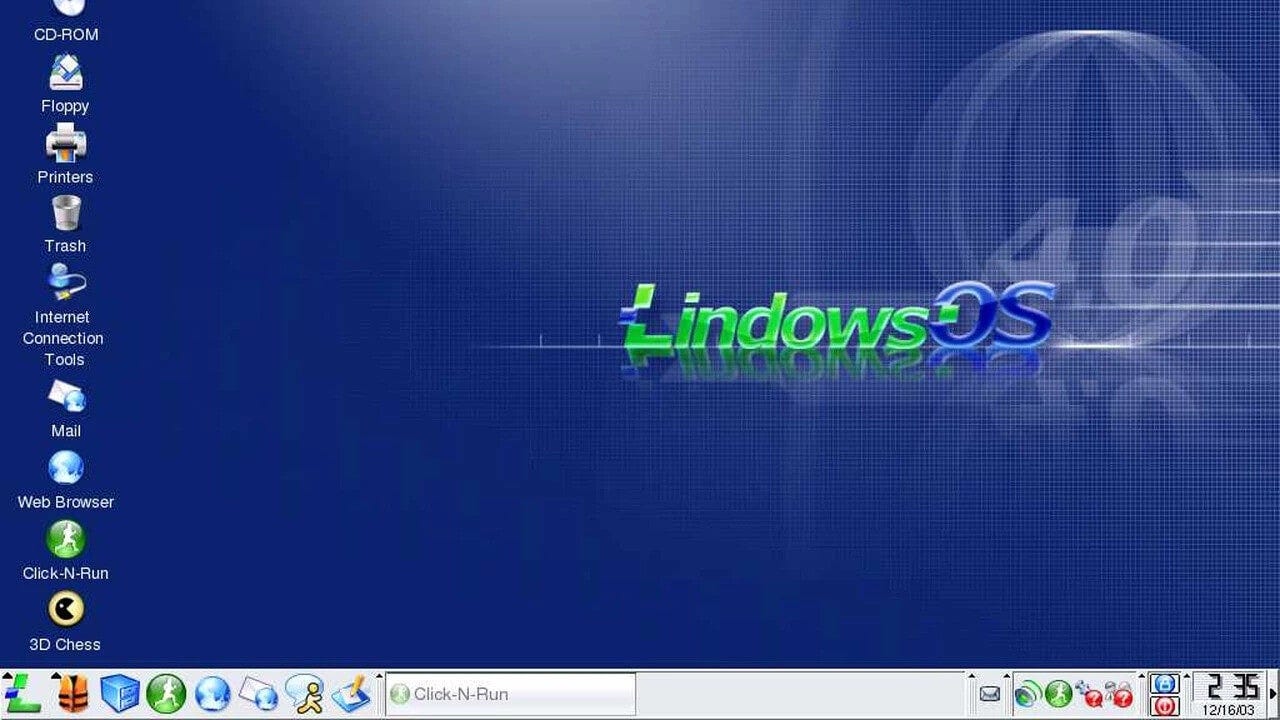Lovable vs. Figma, and the fun world of product lawsuits
Lovable and Figma are all over the news.
For the release of innovative features? An exciting partnership? Nope.
Figma (worth ~$12.5 billion) threatened to sue Lovable (worth ~$2 billion) for copyright infringement. And Lovable CEO Anton Osika laid it all out in public.
At the centre of the drama, the name of Lovable's new "Dev Mode" feature which allows users to view the code behind a Lovable project without leaving their editor.
That's right, the name. Not the feature itself. Sad face.
Turns out, Figma successfully patented the words "dev mode" back in 2024 (you can read the exciting paperwork here, yawn) for a different feature of their own.
Hence the sad face.
"Dev mode" is a common concept in SaaS products. Many argue trademarking such a common phrase is a tad extreme. Should trademarking "Dev mode" even be a trademarkable thing? It would be like trademarking "Code editor", "Design canvas", or "Bug report".
The interweb agrees.
While Figma are well within their rights to sue (they own the trademark, after all), it is disappointing to see two SaaS products at the top of their game waste time and resources on something so silly.
It's clear Figma see Lovable as a serious competitor. The 'vibe coding' era threatens Figma's business as companies may start to skip the 'standard' design step and go straight to coding a prototype using a tool like Lovable.
This is one way for Figma to defend themselves. If only the focus were on building better products, rather than pesky copyright infringement claims over common words.
Thankfully, this is the first time ever in history that such a silly copyright infringement lawsuit has happened. This never happened before.
Just kidding, it has.
The fun world of product lawsuits
This story sent me down a rabbit hole of similar(ish) lawsuits. Here are a few that stood out.
"Windows" (2004)
2001 was a good year for Microsoft. They closed $25.30 billion in revenue for the fiscal year, a nice 10% increase from 2000. They released Windows XP of which they were about to sell over 17 million copies in the next year or so.
Life was good.
Enter Lindows.
Lindows was a Linux software company based out of California. They built an operating system that looked like Windows, sounded like Windows, and, some say, even smelled like Windows (ok I made that part up).
Microsoft argued that the company named itself Lindows to "purposefully confuse the consumer" and that the word "Lindows" infringed on their "Windows" trademark.
Unfortunately for Microsoft, the word "windows" had been widely used before Microsoft decided to name their flagship product after it. Apple, Xerox, and even Microsoft themselves had used this word for years to refer to graphical user interfaces.
In 2004, Windows lost the lawsuit and decided instead to pay Lindows $20 million for the "Lindows" trademark. As part of the agreement, Lindows changed their name to Linspire.
"App store" (2013)
When you think of Apple products, you probably think of: the iPod, the iPhone, and the App Store.
Launched in 2008, the app store revolutionised Apple's business by turning the iPhone into a platform and introducing new revenue streams. In 2024, the app store alone generated $24.6 billion in revenue. Not too shabby.
In 2010, a little birdie told Apple that Amazon was about to launch their own "app store", a competing marketplace to sell Google Android apps. Apple owned the "App store" trademark and were not amused. They filed a lawsuit.
In 2013, a judge told everyone to calm the heck down. "App store", the judge decided, is a generic term and both companies are free to use it.
"Timeline" (2013)
There was a time, long ago, when updating your Facebook profile would just, like, update your profile. There was no timeline of activities. This made it quite hard to track what your friends had been up to:
In 2011, Facebook introduced a timeline feature, an interface that would show, in reverse chronological order, each profile update made by a user.
Exciting! And... immediately sued by Timelines Inc. who owned the 'timeline' name.
In 2013, Facebook and Timelines Inc. settled out of court. We will never know what happened (both parties have since refused to comment). But we do know Facebook still use the word 'timeline' to describe that feature. So there's that.
"Perplexity" (2025)
Let's jump ahead a decade or so, with Perplexity AI facing legal trouble for their name.
A US-based company called Perplexity Solved Solutions filed the trademark infringement notice in 2025, claiming Perplexity's name "causes consumer confusion".
This case is still in progress, with Perplexity Solved Solutions, the rightful owners of the "Perplexity" trademark since 2022, requesting Perplexity AI remove the word from their name.
This bit of research tells me two things:
These lawsuits happen all the time. With success comes attention. Competitors will circle your product and, if you are perceived as a threat, attack from all available angles, including legal.
Lawsuits around common names seem to fizzle out, at least the high-profile ones. It's likely Figma vs. Lovable will too.
How amazing would it be if we spent all this time, effort, and energy to build better, more differentiated products instead of filing lawsuits? Very amazing would be my guess.
Right. I'm off trademarking the word "The" so I can sue everyone on earth.
Oh wait, Ohio State University already beat me to it.








